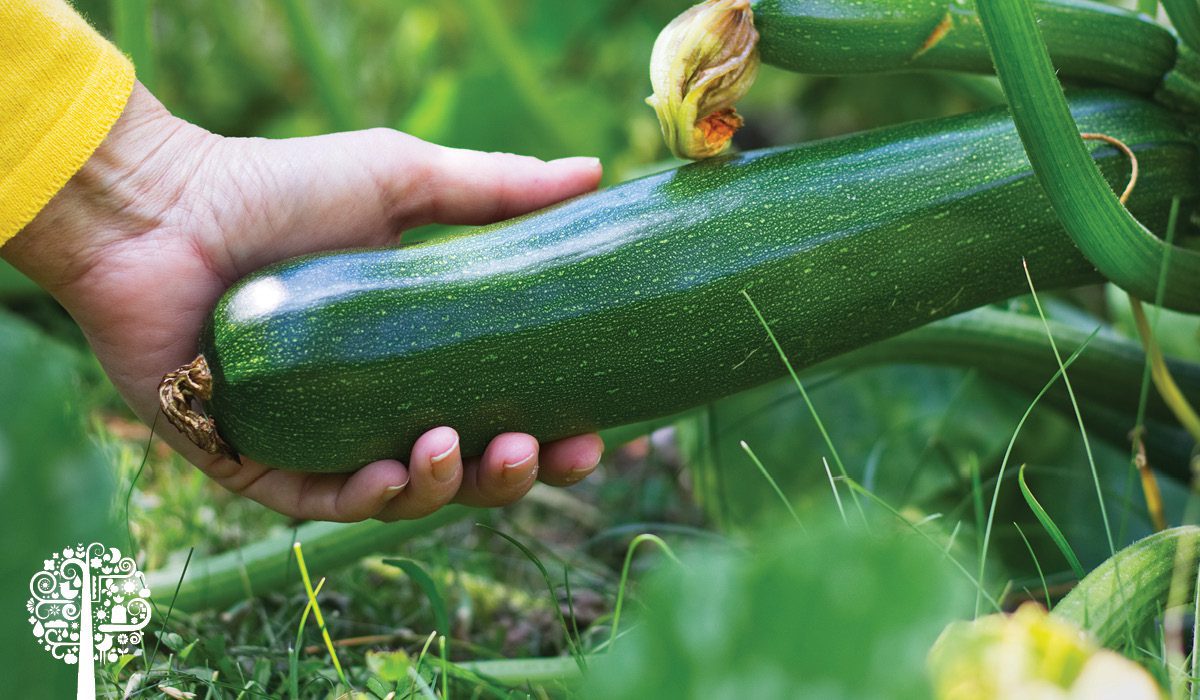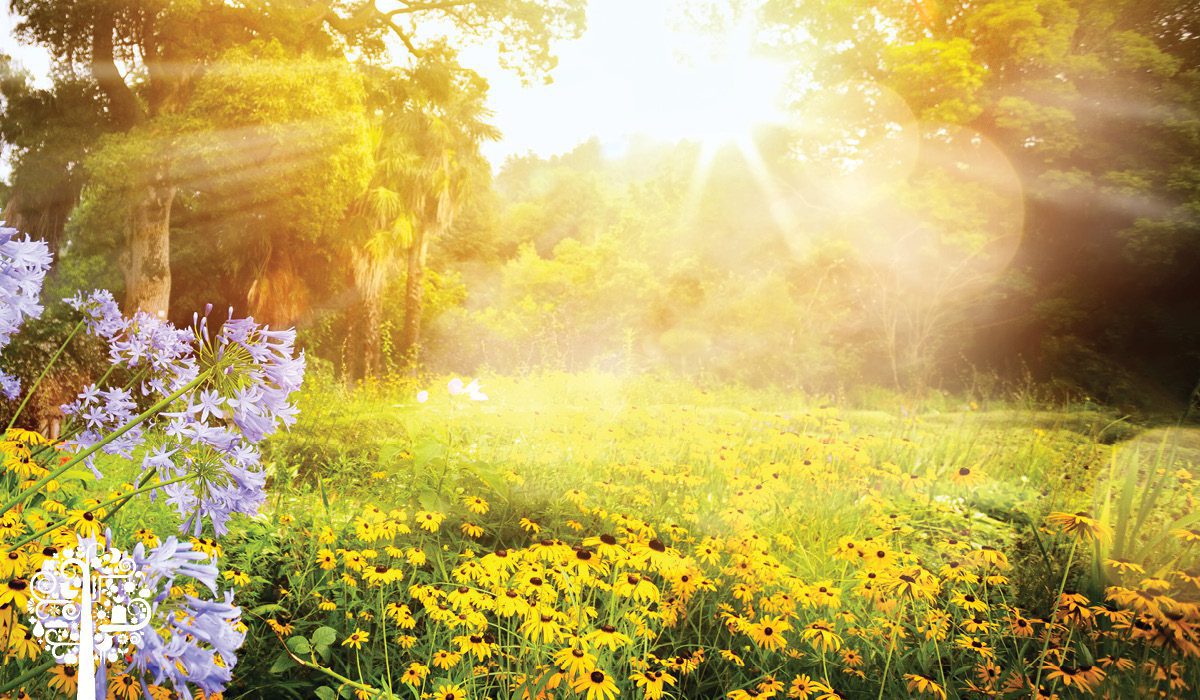We’ve all been there-you’re successfully growing something in your garden, and overnight, it seems to fade. Before you know it, it’s struggling, and then all of a sudden, it just gives up. So how can that teach us patience?
Market Garden Experience
When I worked in a market garden where mostly salad was grown, we had mastered many things, mainly the growing of salads. I had the good fortune to learn from people who had grown salads for years and had themselves learned their way through their problems. Going through that process of sowing, raising, planting, growing, and harvesting quick-growing crops week-to-week made me learn fast and become competent quickly.

We raised everything from seed, and courgettes were a summer staple. We would sow the seed, pot on, harden off, and then, sometime in May, we would plant them out. One year, May started warm and went cold and windy towards the end. The hundred or so courgette plants went from looking like they were bedding in nicely to having burnt leaves and damaged stems from being blown about for a week in the cold wind. We tried to replace the ones we lost with plants bought from a wholesaler.
The plants did not grow well, and we made 75% less on courgettes that season – our second biggest earning crop. Worst of all was every time we walked past that patch, we would see the sad-looking plants and feel disdainful and a little bit helpless. They were worth it, but barely, and we considered flailing them in and sowing some more rocket, but we stuck with them, all the time thinking ‘next year will be better.’
Lesson Learned
I learned a lot about patience from that season. Sometimes, you have to wait a whole other year to do what you wanted to do that year – the timing would never have worked to plant another 100 courgette plants. Also, we had the impetus to do better the following year, perhaps hold off a bit longer before planting out, knowing that disasters can happen every year and are little more than learning points.

In the bigger picture, for myself, I saw that nature will do what she wants, and we are part of that. Busy lives and schedules matter, but when something just can’t be helped, I can either live in regret or choose to learn from it.
And I learned patience. The same patience that has helped me raise my daughter and gain the perspective that to be with her in her development, rather than wanting any particular or difficult phase of her baby/childhood to be over, is more rewarding.
A Process
In my allotment, my anxiety about getting it wrong or failing to grow something well is a process – a way to learn patience and have a deeper understanding of that particular plant and myself.
If my living depends on it is all the more reason to be patient and learn from that perceived failure. We’re all cultivating patience, and that’s how we grow.